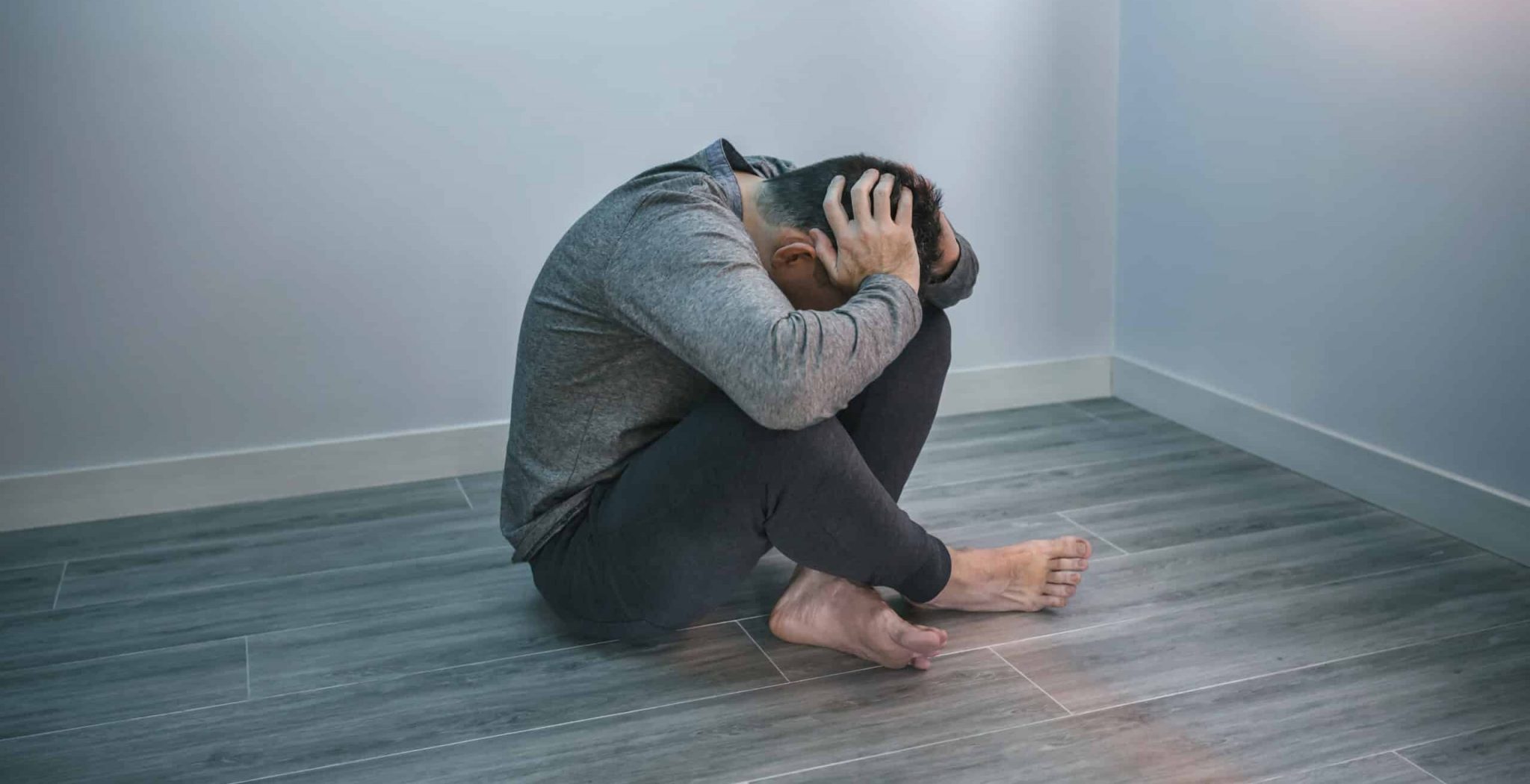Understanding the Connection and Seeking Treatment
Obsessive-Compulsive Disorder (OCD) and trauma are two mental health conditions that, while distinct, often intersect in complex ways. For individuals experiencing symptoms of both, the overlap can be overwhelming and require specialized care. At Southern California Sunrise Recovery Center in Orange County, CA, we understand the nuanced relationship between OCD and trauma and offer comprehensive treatment plans to help individuals regain control of their mental health.
What Is OCD?
Obsessive-Compulsive Disorder (OCD) is a mental health condition that affects millions of people worldwide. It is characterized by:
- Obsessions: Intrusive, unwanted thoughts, images, or urges that cause significant anxiety.
- Compulsions: Repetitive behaviors or mental acts performed to reduce the anxiety caused by obsessions.
For instance, someone with OCD might obsessively worry about germs and feel compelled to wash their hands repeatedly, even to the point of damaging their skin. While compulsions may temporarily relieve anxiety, they reinforce the obsessive thought cycle, making it increasingly difficult to break free without professional intervention.
OCD can significantly impact various aspects of life, from personal relationships to career performance. Subtypes of OCD often reflect specific fears or thought patterns, such as:
- Contamination OCD: Intense fear of germs, dirt, or illness, leading to excessive cleaning or avoidance behaviors.
- Harm OCD: Disturbing intrusive thoughts about causing harm to oneself or others, often leading to compulsive checking or avoidance of certain activities.
- Symmetry and Ordering OCD: A strong desire for order or balance, which can manifest as compulsive arranging, counting, or repeating behaviors.
What Is Trauma?
Trauma is the emotional response to a deeply distressing or disturbing event. While some individuals process and recover from trauma over time, others may develop long-term mental health challenges that require professional care. Trauma can stem from a variety of experiences, including:
- Physical, emotional, or sexual abuse.
- The sudden loss of a loved one.
- Experiencing or witnessing violence, accidents, or natural disasters.
- Combat or other life-threatening events.
Trauma can leave lasting psychological imprints, altering how individuals perceive themselves, others, and the world around them. Common symptoms of trauma include:
- Hypervigilance: Feeling constantly “on edge,” easily startled, or overly alert.
- Intrusive Thoughts or Flashbacks: Repeatedly reliving traumatic events in vivid detail.
- Avoidance Behaviors: Avoiding situations, places, or people that might trigger trauma memories.
- Emotional Numbness: Feeling detached from emotions, loved ones, or life.
How Are OCD and Trauma Connected?
The relationship between OCD and trauma is complex. Research suggests that trauma can exacerbate OCD symptoms or even trigger their onset in some individuals. Standard connections between the two conditions include:
1. OCD as a Coping Mechanism for Trauma
After a traumatic event, some individuals may develop obsessive thoughts and compulsive behaviors as a way to regain a sense of control. For example, someone who experiences a break-in might develop compulsive rituals to ensure safety, such as repeatedly checking locks or windows.
2. Shared Symptoms Between OCD and PTSD
Both OCD and PTSD involve intrusive thoughts and heightened anxiety. For those with PTSD, these thoughts are often tied directly to the traumatic event. In OCD, the intrusive thoughts may initially appear unrelated but often stem from the same underlying distress.
3. Neurological and Psychological Links
Both conditions involve overactivity in areas of the brain associated with fear, decision-making, and emotional regulation. These shared neurological patterns may explain why OCD and trauma-related disorders frequently co-occur.
4. Trauma-Triggered OCD
Trauma can act as a catalyst for OCD symptoms in individuals predisposed to anxiety or obsessive thinking. For example, a car accident survivor might develop obsessions about safety and engage in compulsive behaviors like repeatedly checking seat belts.

Symptoms to Watch For
Recognizing the signs of OCD and trauma is a critical first step in seeking help. While these conditions manifest differently in every individual, some common symptoms include:
Symptoms of OCD:
- Persistent, intrusive thoughts that feel uncontrollable or distressing.
- Repetitive behaviors (e.g., cleaning, checking, counting) that interfere with daily life.
- Intense anxiety or fear triggered by specific thoughts, images, or urges.
- Difficulty focusing on tasks due to obsessive thinking.
Symptoms of Trauma:
- Flashbacks or intrusive memories of the traumatic event.
- Avoidance of people, places, or situations associated with the trauma.
- Trouble sleeping, recurring nightmares, or overwhelming fatigue.
- Emotional numbness or feelings of detachment from loved ones or daily activities.
Overlapping Symptoms:
- Intrusive thoughts tied to past experiences or current fears.
- Hypervigilance or exaggerated startle responses.
- Avoidance behaviors, whether due to fear of contamination, harm, or trauma reminders.
- Emotional dysregulation, including feelings of guilt, shame, or anger.
These symptoms can create a cycle of distress, where the trauma exacerbates OCD symptoms, and OCD behaviors reinforce the trauma’s impact. Professional intervention can break this cycle and provide relief.
Why Treatment Is Essential
OCD and trauma are both conditions that can worsen over time without proper care. Left untreated, they can lead to significant challenges, including:
- Severe Anxiety and Depression: The constant stress of intrusive thoughts and compulsive behaviors can take a toll on emotional well-being.
- Social Isolation: Many individuals with OCD and trauma struggle to maintain relationships due to avoidance behaviors or embarrassment over their symptoms.
- Impaired Daily Functioning: Unmanaged symptoms can interfere with work, school, or family responsibilities.
- Substance Abuse: Some people turn to drugs or alcohol to cope with their symptoms, which can create additional problems and complicate recovery.
Effective treatment is not only essential for symptom relief but also for improving overall quality of life. With the proper support, individuals can learn to manage their symptoms, process their trauma, and reclaim their lives.
Treatment for OCD and Trauma at Southern California Sunrise Recovery Center
At Southern California Sunrise Recovery Center, we specialize in treating OCD and trauma through a combination of evidence-based practices and holistic care. Our comprehensive programs are designed to address each client’s unique challenges, providing them with the tools they need for long-term recovery.
Evidence-Based Therapies
- Cognitive Behavioral Therapy (CBT):
- CBT is a cornerstone of treatment for both OCD and trauma. It focuses on identifying and challenging distorted thought patterns, helping individuals develop healthier ways of thinking and responding to stressors.
- Exposure and Response Prevention (ERP):
- ERP is a highly effective form of CBT, specifically for OCD. It involves gradually exposing individuals to their fears or triggers in a controlled environment, helping them resist compulsive behaviors over time.
- Trauma-Focused Therapy:
- This therapy helps individuals process traumatic memories and reduce their emotional impact, promoting healthier coping mechanisms and emotional resilience.
- Eye Movement Desensitization and Reprocessing (EMDR):
- EMDR is an evidence-based approach to trauma that helps individuals reprocess distressing memories, reducing their intensity and emotional charge.
Holistic and Supportive Therapies
In addition to evidence-based treatments, we offer holistic approaches to support recovery and overall well-being:
- Mindfulness and Meditation: These practices help clients manage anxiety and stay grounded in the present moment.
- Yoga and Movement Therapy: Physical activity encourages stress relief, emotional release, and self-awareness.
- Art and Music Therapy: Creative outlets provide a safe space for expressing and processing emotions in non-verbal ways.
- Nutritional Support: Proper nutrition plays a crucial role in mental health recovery, providing the energy and balance needed for healing.
Medication Management
For some individuals, medications like Selective Serotonin Reuptake Inhibitors (SSRIs) may be recommended as part of a comprehensive treatment plan. These medications can help reduce the intensity of OCD symptoms and stabilize mood, allowing clients to engage in therapy fully.
Group and Individual Therapy
We believe in the power of connection. Group therapy offers a sense of community and shared understanding, while individual therapy provides a private space for clients to explore their personal experiences and goals.
Why Choose Southern California Sunrise Recovery Center?
Located in Orange County, CA, Southern California Sunrise Recovery Center offers a serene and supportive environment for healing. Our center is known for:
- Expert Care: Our team of therapists and medical professionals provides compassionate, individualized treatment plans.
- Holistic Approach: We address the whole person, combining evidence-based therapies with mindfulness, movement, and creative practices.
- Luxury Accommodations: Our facilities are designed to promote comfort and relaxation, featuring private rooms and wellness-focused amenities.
- Proven Success: Our clients achieve lasting recovery through our comprehensive, client-centered programs.
Take the First Step Toward Healing
Living with OCD and trauma can feel overwhelming, but recovery is possible. At Southern California Sunrise Recovery Center, we provide the tools and support you need to heal. Contact us today to learn more about our programs or schedule a consultation. Together, we can help you reclaim your life.






